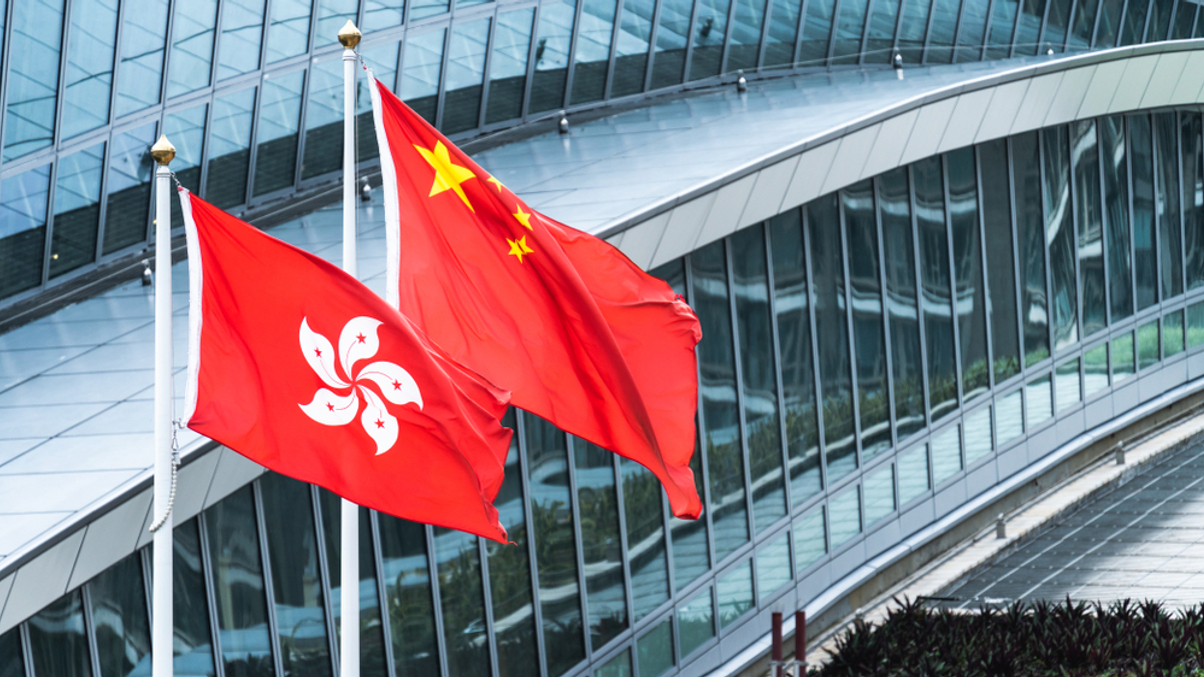What Hong Kong’s asset management industry wants from John Lee
Another year of travel restrictions would severely test the patience of Hong Kong asset management professionals. But they still have faith in the huge potential of Hong Kong as a gateway for mainland China’s wealth.

The asset management industry in Hong Kong believes the city's new leadership should have two top objectives to help Hong Kong retain its competitiveness as an international financial centre: less stringent restrictions on international arrivals, and the liberalisation of how various market connect schemes with mainland China work.
Sign in to read on!
Registered users get 2 free articles in 30 days.
Subscribers have full unlimited access to AsianInvestor
Not signed up? New users get 2 free articles per month, plus a 7-day unlimited free trial.
¬ Haymarket Media Limited. All rights reserved.


